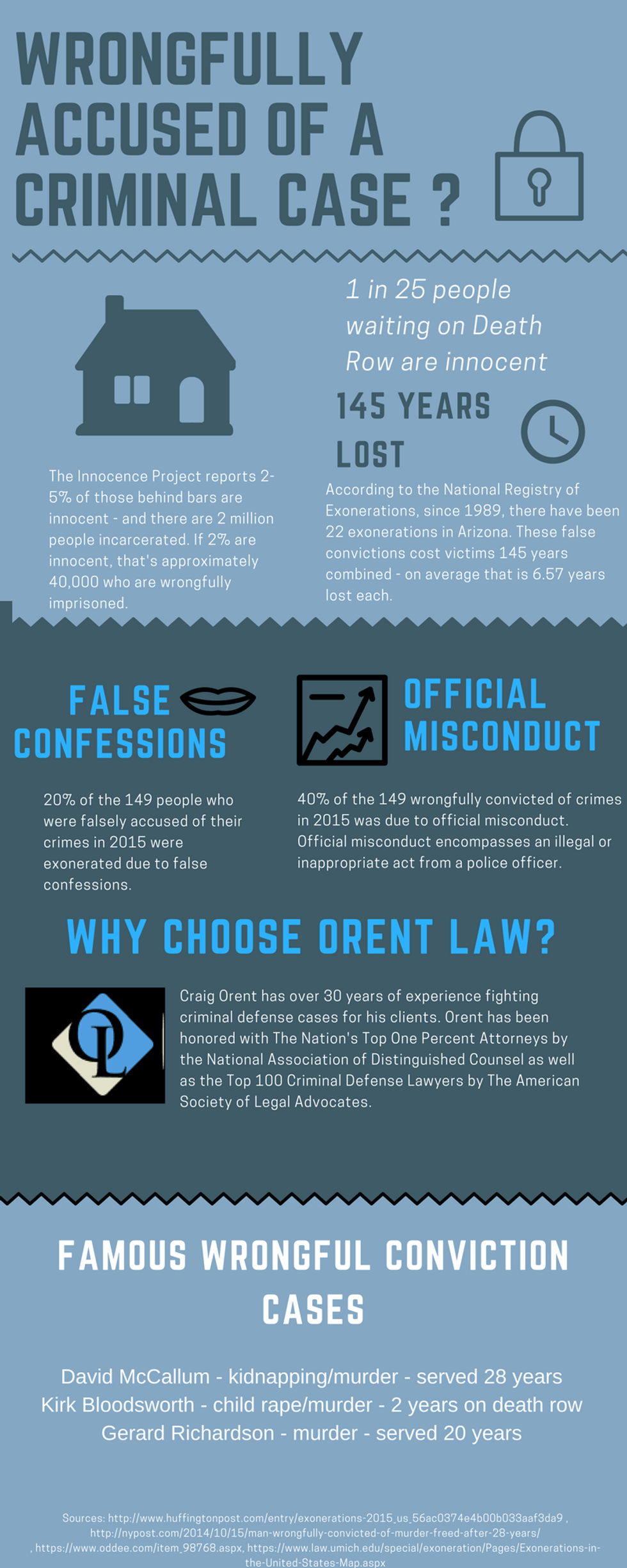I was in a wrongful conviction class this semester and it changed my life and has made me focus so much more on my passions on wanting to help people with their cases. We broke down several factors that lead to wrongful convictions like eyewitness misidentification, prosecutorial errors, false confessions, guilty pleas, forensic science and evidence, incentivized informants and snitches, and the aftermath of wrongful convictions on the exoneree and their families.
I had the honor of meeting several famous attorneys and important people in Oklahoma who are trying to fix the criminal justice system. Here is a shortlist of some of my favorites:
John Raley who is a famous attorney who works pro bono for wrongful conviction cases. He worked on Michael Morton's and Hannah Overton's cases. Google their names if you're interested to hear their stories, both Michael and Hannah were exonerated.
Bryan Stevenson who is a lawyer and social justice activist and the founder of the Equal Justice Initiative.
Vicki Behenna who is the director for the Oklahoma Innocence Project.
Julius Jones who was an OU student, and his family while he is still sitting on death row in Oklahoma and is still waiting for his execution date from Governor Stitt.
John Grisham I was supposed to meet him at the end of April but that obviously was canceled because of COVID-19.
Mark Barrett, a defense attorney who represented Ron Williamson (based on John Grisham's book, The Innocent Man, who also represents Dennis Fritz and Tommy Ward.
Andrea Fielding who is the forensic scientist and lab director for the OSBI (Oklahoma State Bureau of Investigations).
Shawn Roberson a forensic psychologist
and several other exonerees and their family members.
I have absolutely enjoyed this class and I have loved asking questions and listening to them tell the process of how they got to where they are and to tell the stories of the cases in which they were a part of. I learned about the United States' criminal justice system as a whole and some things that need to be changed, and particularly how Oklahoma handles things too. Did you know that Oklahoma incarcerates more women than any other state in the U.S.? Did you know that we have more people in jail or prison for drug crimes than violent crimes?

https://www.orentcriminallaw.com/blog/wrongful-convictions-infographic/
There are 5 main reasons for why wrongful convictions happen:
1. Eyewitness misidentification
Usually, when crime happens, it's impossible to remember as much as you can about a person because your brain isn't focusing on trying to remember the details, it's focusing on safety. The Innocence Project states that 36% of wrongful conviction cases involve eyewitness misidentification.
2. Unvalidated forensic science
You would think that forensic science is solid evidence and that it would be enough to convict a person- it usually is, however, there are "junk sciences" out there. Bite mark evidence and hair analysis to name a couple of examples. The Innocence Project states that 50% of their wrongful convictions are because off of forensic science errors.
3. False confessions
False confessions are a category that means someone takes the hit or the punishment for someone else in order to save them. There are 3 types of confessions: voluntary, coerced-compliant, or coerced-internalized. The Innocence Project states that 25% of wrongful conviction cases involve false confessions.
4. Police misconduct
There are a lot of good police officers out there, but there will always be a couple of bad ones. Oftentimes, the investigators or detectives feed the information to someone on what they want to hear. They create the story, which is so sickening because there's no justice here at all. The Innocence Project states that 34% of cases involve police misconduct.
5. "Snitch" testimony
When prosecutors know that they don't have a case based on their evidence, they turn to snitches. Who end up telling them the information that they want to hear, even if it's not true. Snitches and prosecutors create deals behind the courts' back about giving the snitch a shorter sentence if they are compliant with the interrogators. 15 out of every 100 wrongful conviction cases that have been overturned by DNA testing methods have involved the testimony of informants or jailhouse snitches, according to the Innocence Project.
The most important thing to remember about wrongful convictions is that if an innocent person is sent to prison or death row, that the actual perpetrator goes free and will commit even more crimes. Just let that sink in.














